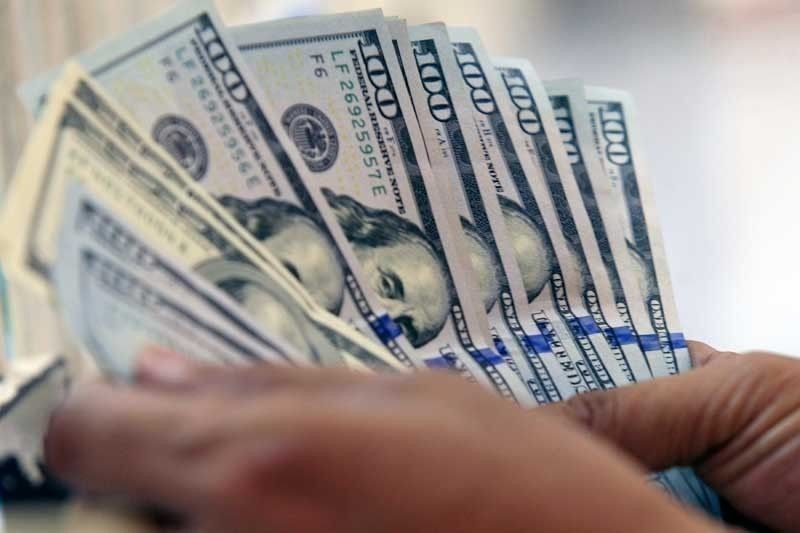FDI inflows drop for 5th straight month in July

MANILA, Philippines — Net inflows of foreign direct investments (FDI) declined for the fifth straight month in July as investors continued to adopt a wait-and-see attitude pending the approval of the second package of the comprehensive tax reform program (CTRP), according to the Bangko Sentral ng Pilipinas.
Latest data released by the BSP showed net FDI inflows reached $543 million in July, 41.4 percent lower than the $926 million recorded in the same month last year.
The month-on-month net FDI inflow has been declining since March this year.
BSP Governor Benjamin Diokno told reporters on the sidelines of a forum organized by the Financial Executives Institute of the Philippines (Finex) the decline in FDI inflows could be traced to the global economic slowdown as well as the uncertainty sorrounding the approval of the second package of comprehensive tax reform program.
“I think overall the FDIs have declined partly because of the slowdown in the global economy. Secondly, also the uncertainty on the second package of the tax reform, I think many investors have adopted the wait and see policy,” he said.
The BSP chief, however, remains confident the proposed Comprehensive Income Tax and Incentive Rationalization Act (CITIRA) would be passed by Congress either before the end of this year or early next year after the Philippine Economic Zone Authority (PEZA) finally supported the tax package that would rationalize tax incentives.
“They (investors) want to know exactly what will be the final version of that bill. So the sooner we act on that, then the sooner the investors can make up their mind whether to enter or exit,” Diokno said.
Equity placements fell by nearly 40 percent to $168 million in July from $278 million in the same month last year.
Capital infusions came mostly from Japan, Germany, Singapore, the US and South Korea. These placements were directed largely to financial and insurance, real estate, manufacturing as well as human health and social work industries.
On the other hand, withdrawals surged by 302 percent to $69 million from $17 million.
Reinvestment of earnings increased by 15.8 percent to $87 million during the month from $75 million a year ago, while non-residents’ investments in debt instruments consisting mainly of loans extended by parent companies abroad to their local affiliates plunged by 39.5 percent to $357 million from $590 million.
For the first seven months, the BSP said net FDI inflows dropped by 39.1 percent to $4.12 billion from $6.77 billion in the same period last year.
Equity placements from Japan, the US, Singapore, China and South Korea fell by 49.2 percent to $1.03 billion from January to July compared to $2.02 billion in the same period last year.
The industries that benefited from said capital infusions were financial and insurance, real estate, manufacturing, transportation and storage as well as administrative and support service
On the other hand, pullout of investments more than tripled to $569 million in the first seven months from $180 million in the same period last year.
In addition, net investments in debt instruments fell by 30.3 percent to $3.06 billion from $4.39 billion. Reinvestment of earnings increased by 12.6 percent to $595 million from $528 million.
The BSP slashed the net FDI inflow target for 2019 to $9 billion instead of $10.2 billion.
Diokno explained the proposed bill that would reduce the corporate income tax would benefit about 99 percent of the companies in the country particularly small and medium enterprises (SMEs).
However, he said there is a need to rationalize incentives as the government would forego revenues due to the reduction of the corporate income tax.
“We have been trying to do this for the longest time, at least three decades.
So given those two measures, we will have an incentives structure that will be performance based and there will be strict time schedule,” Diokno said.
- Latest
- Trending




























